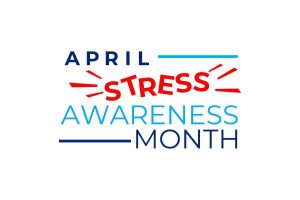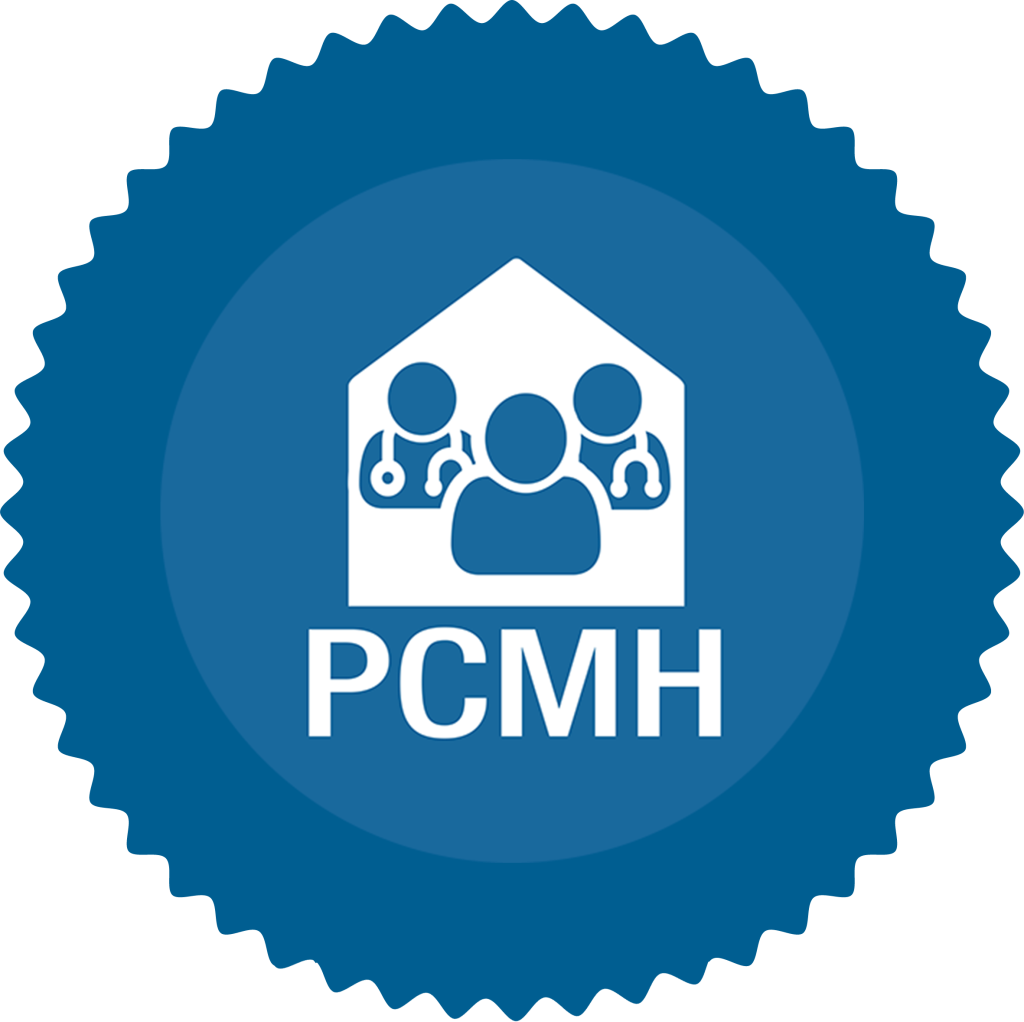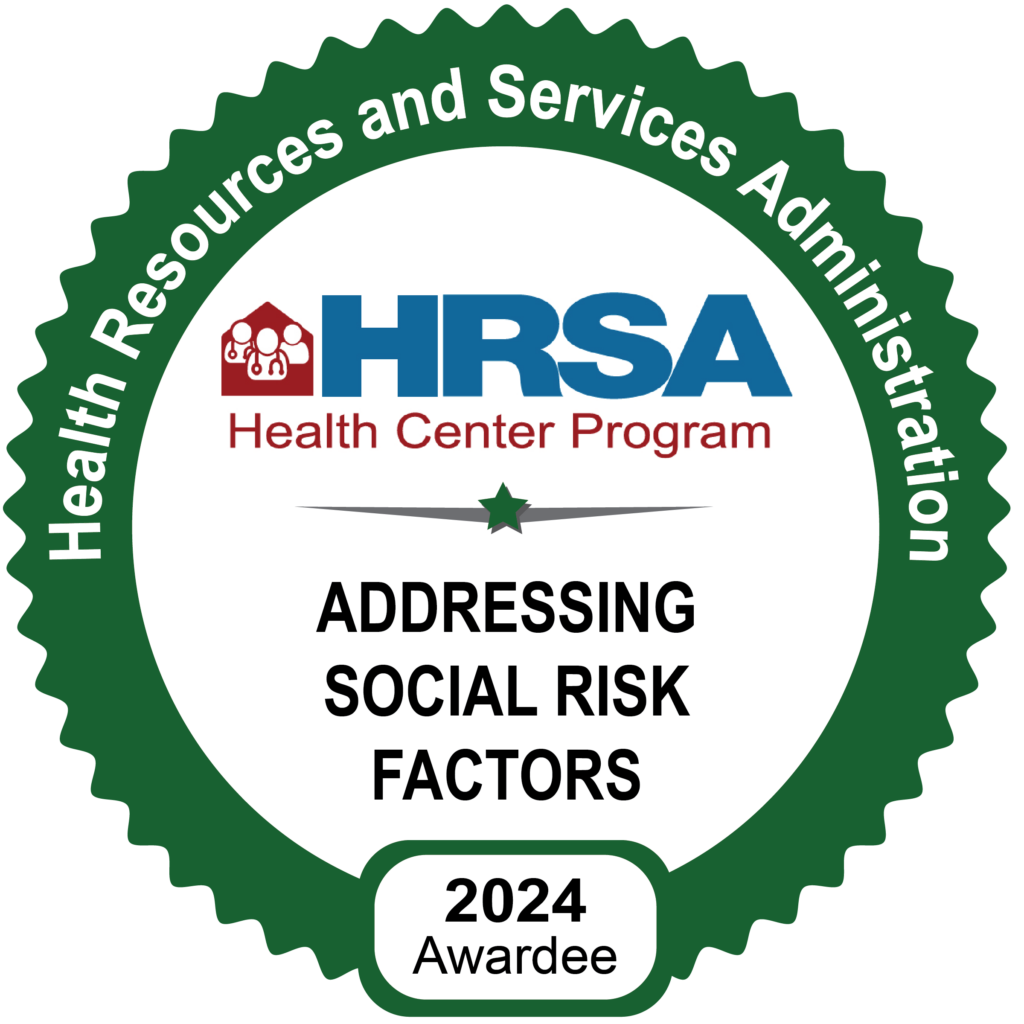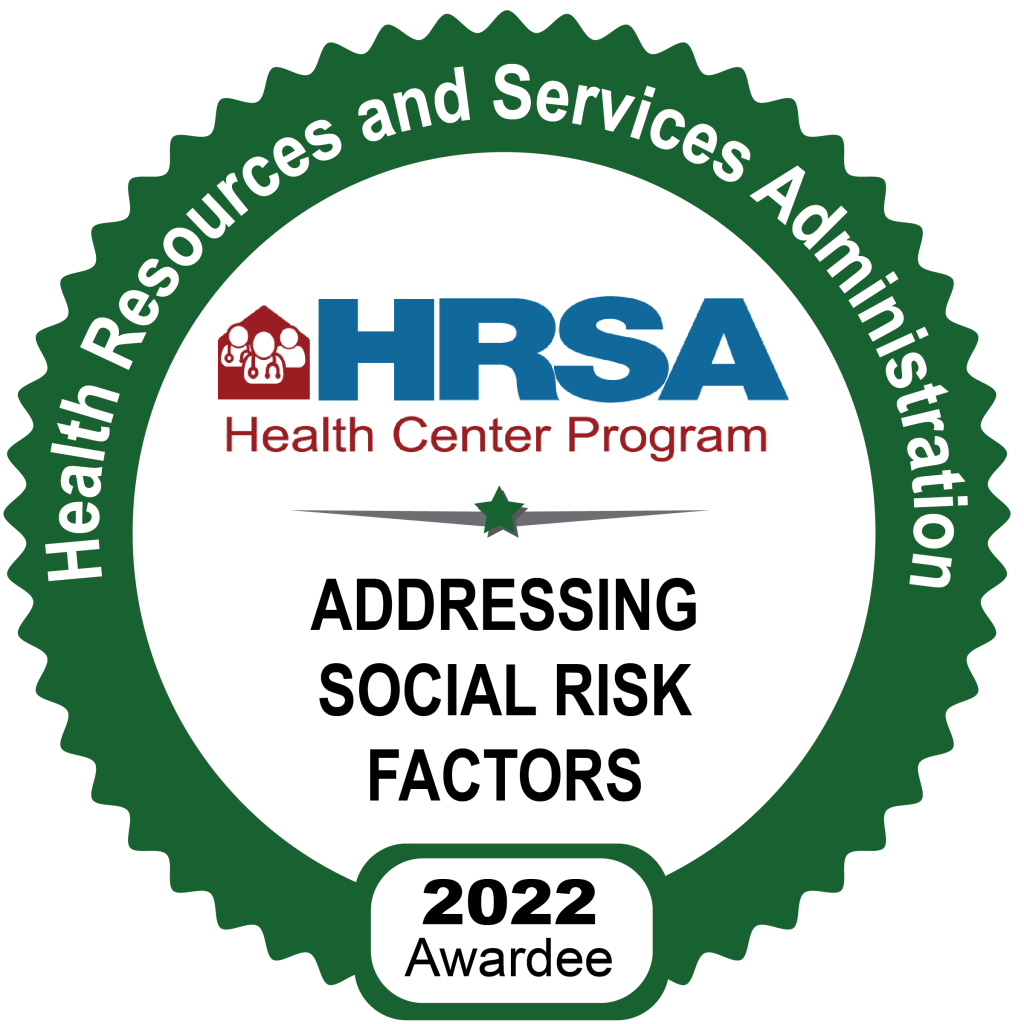April is National Stress Awareness Month, a time dedicated to raising awareness about the impact of stress on our lives and promoting strategies to manage it effectively. In today’s fast-paced world, stress has become a common part of daily life for many people, affecting not only our mental and emotional well-being but also our physical health. The goal of National Stress Awareness Month is to encourage people to recognize the signs of stress in themselves and others, understand its effects on overall well-being, and take proactive steps to manage stress in healthy ways.
Stress is a natural response to demanding situations, triggering the body’s “fight or flight” response to perceived threats. While some stress can be beneficial, motivating us to take action and overcome obstacles, chronic stress can have detrimental effects on our health. Prolonged exposure to stress has been linked to a wide range of health problems, including anxiety, depression, high blood pressure, heart disease, and weakened immune function.
The modern lifestyle is often characterized by constant pressure to juggle multiple responsibilities, meet deadlines, and fulfill obligations, leading to chronic stress for many individuals. Factors such as work pressure, financial worries, relationship issues, and health concerns can all contribute to elevated stress levels.
Recognizing the signs of stress is the first step towards effectively managing it. Common symptoms of stress include irritability, fatigue, difficulty concentrating, muscle tension, changes in appetite, and sleep disturbances. It’s essential to pay attention to these warning signs and address stress before it escalates into more severe health problems.
Fortunately, there are numerous strategies that individuals can employ to cope with stress and promote resilience. Here are some practical tips for managing stress:
- Practice Relaxation Techniques: Incorporate relaxation techniques such as deep breathing, meditation, yoga, or progressive muscle relaxation into your daily routine to calm the mind and reduce stress levels.
- Maintain a Healthy Lifestyle: Prioritize regular exercise, balanced nutrition, and adequate sleep to support overall well-being and build resilience to stress.
- Set Boundaries: Learn to say no to unrealistic demands and set boundaries to protect your time and energy. Delegate tasks when possible and avoid overcommitting yourself.
- Engage in Activities You Enjoy: Make time for activities that bring you joy and relaxation, whether it’s spending time outdoors, pursuing hobbies, or connecting with loved ones.
- Seek Social Support: Reach out to friends, family members, or support groups for emotional support and guidance during challenging times. Sharing your feelings with others can help alleviate stress and provide perspective.
- Practice Mindfulness: Stay present in the moment and practice mindfulness techniques to cultivate a greater sense of awareness and acceptance. Mindfulness can help reduce rumination and worry, allowing you to respond to stress more effectively.
- Seek Professional Help: If stress becomes overwhelming or begins to interfere with your daily life, don’t hesitate to seek professional help from a therapist or counselor. They can provide personalized support and strategies to manage stress more effectively.
CommWell Health offers Behavioral Health services that can help those that might be experiencing extreme amounts of stress. Our services include
- Tele-health visits with licensed therapists and psychiatrists
- Basic outpatient for adults, adolescents, and children over the age of 5
- Behavioral Health Screenings
- Psychiatric Care
- Referral and Consultation
- Group therapy sessions for specialized mental health issues and populations
As we observe Stress Awareness Month, let us commit to prioritizing our mental and emotional well-being by adopting healthy coping strategies and supporting one another in navigating life’s challenges. By raising awareness about the impact of stress and promoting proactive measures to manage it, we can cultivate a culture of resilience and thrive in the face of adversity.

















